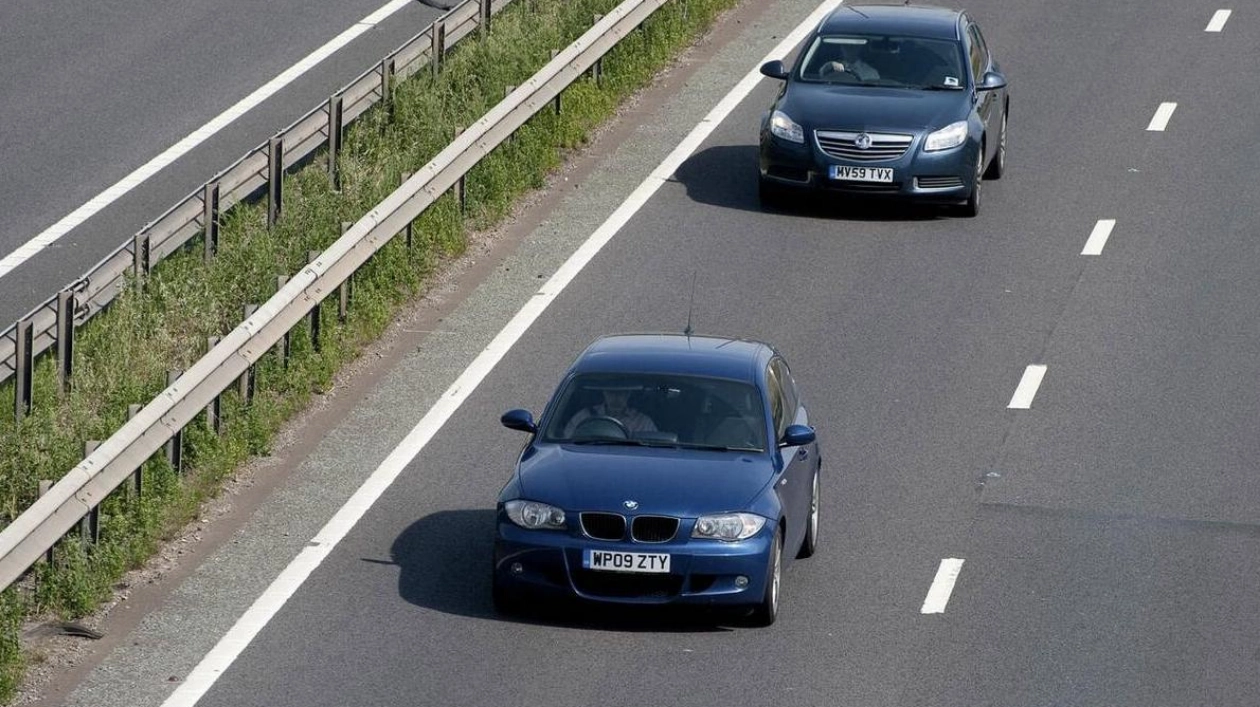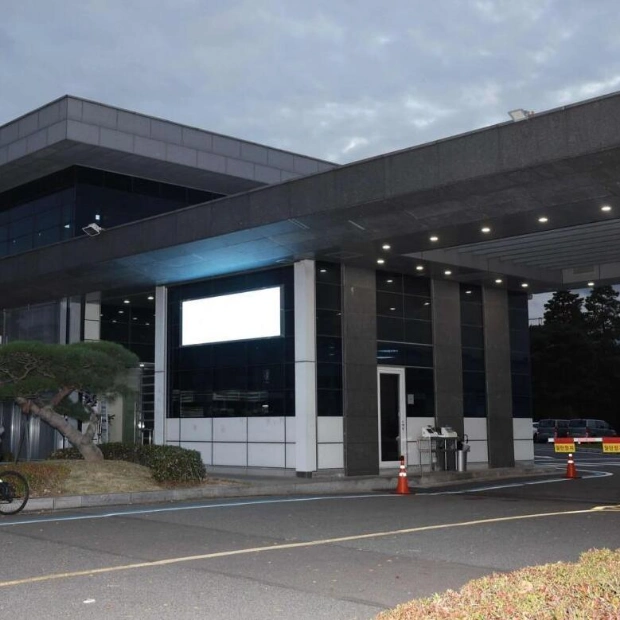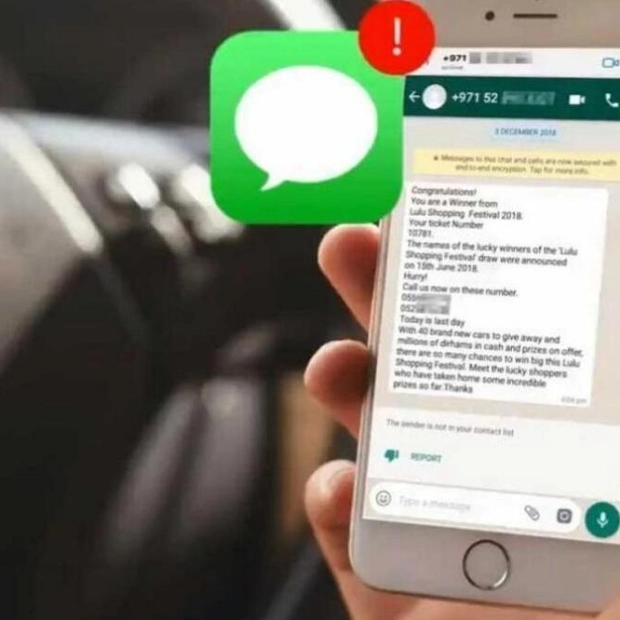Tailgating continues to be one of the most prevalent and hazardous aggressive driving behaviors. In the UAE, drivers can face fines of Dh400 and four black points for tailgating, experts have cautioned. Recently, the Dubai Police apprehended a delivery man for deliberately knocking down another rider. The reckless driver was brought to court, while the rider who was struck down escaped serious injury.
Instances of violent road rage are rare in the UAE, where strict laws are in place to deter such behavior. However, other aggressive tactics, such as continuous flashing of headlights, unnecessary honking, illegal use of the hard shoulder for overtaking, and tailgating, pose significant risks to other road users. Tailgating, in particular, involves a motorist driving dangerously close to the vehicle in front, forcing the driver to abruptly change lanes.
"Tailgating escalates the likelihood of a collision if the other driver suddenly brakes or swerves abruptly. It is a leading cause of serious accidents, often occurring in the innermost left lane designated for overtaking," Dr. Mostafa Al Dah, founder of MA-Traffic Consulting, explained to Khaleej Times. "Generally, I have observed perilous behavior among motorists on the road, as if they have no regard for their own lives. This often begins with ignorance but can escalate into aggression from others. Other dangerous driving behaviors include entering the road without checking for approaching cars, stopping in the middle of the road, and picking up or dropping off passengers in a live lane."
In a more severe incident, a Dubai motorist was arrested and fined Dh50,000 for tailgating and dangerous overtaking in August last year. The driver swerved and drove perilously close to another vehicle while overtaking from the right, then repeatedly braked once ahead. The vehicle was seized, and the motorist received 23 black points on his driving license. He was required to pay Dh50,000 before his confiscated car was released, as the offense fell under 'recklessly driving a vehicle or in a manner that endangers lives or properties.'
Thomas Edelmann, founder and managing director of RoadSafetyUAE, attributed time pressure or the excuse of running late as the primary reason for motorists' misbehavior on the road. "Overall, we must accept that we witness numerous acts of indifference and selfishness every time we hit the roads. Often, it feels like we drive 'against each other' rather than 'with each other," he added. Edelmann also highlighted the heterogeneous culture in the UAE as a contributing factor. "There is an omnipresent rush in the country, attracting more people and making our roads busier. The mix of nationalities with varying perceptions of politeness, often linked to their driving culture experiences back home, makes our roads a challenging environment," he explained.
"We previously conducted a research project and found that only 34 percent of drivers consider others to be 'polite and caring.' Politeness must be established, consistently communicated, and ingrained into the behavior of all drivers to create a robust foundation for better road safety," he emphasized. "We need to foster a more caring attitude on our roads. We must recognize that we are all in this together, look out for each other, and protect everyone. This can only happen if we reflect on our behavior and consistently exhibit caring, polite, and non-egoistic attitudes."
Edelmann suggested that proper time management is the best remedy to avoid running late. "We reiterate the need for a strong education and awareness push towards proper time management. We must leave early and plan for possible delays on our routes to drive safely and considerately of others," he added. Here are some road safety etiquette tips: Respect the driver in front of you – don’t bully them and keep a safe distance. If you see faster vehicles approaching from behind, leave the fast lane and let them pass. Move in and out of the fast lane swiftly – do not block or obstruct others. Always use your indicator and signal where you want to go. When you see somebody indicating, allow them to move and do not block them. If you want to exit, move to the exit lane on time, and never cross more than one lane at once. If you enter a highway, move gradually to the faster lanes, never cross more than one lane at once. Don’t jump the queue. Do not stop in the middle of the road, including near schools or metro stations.






